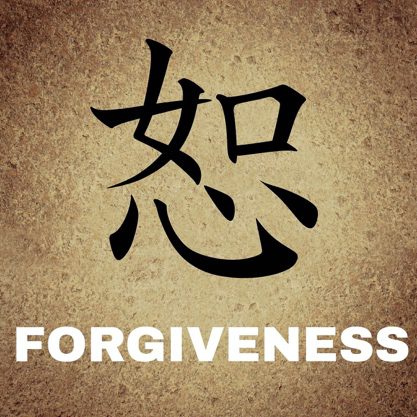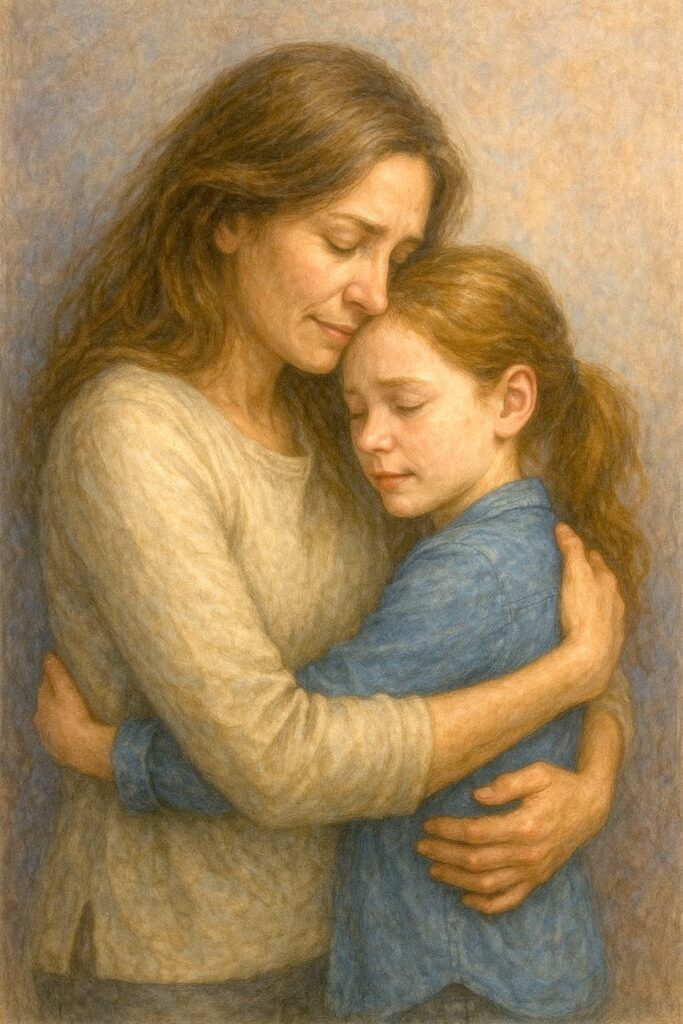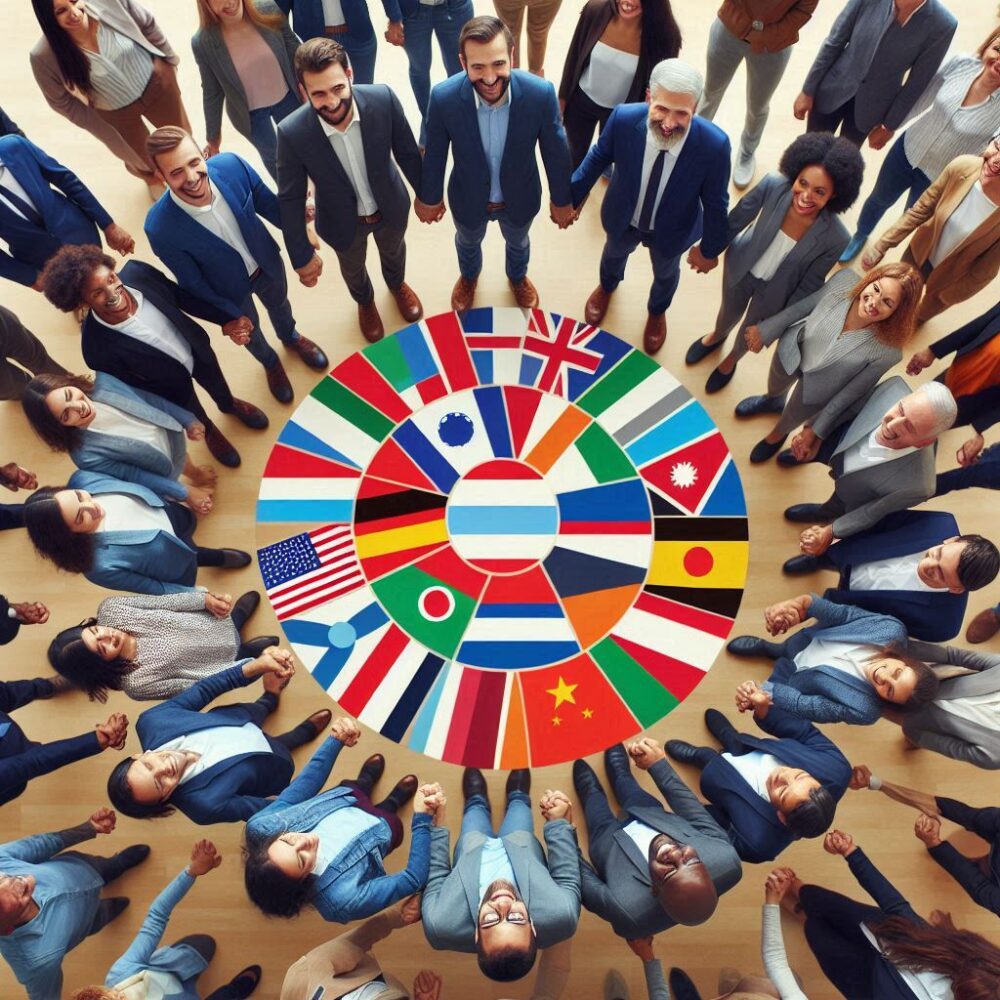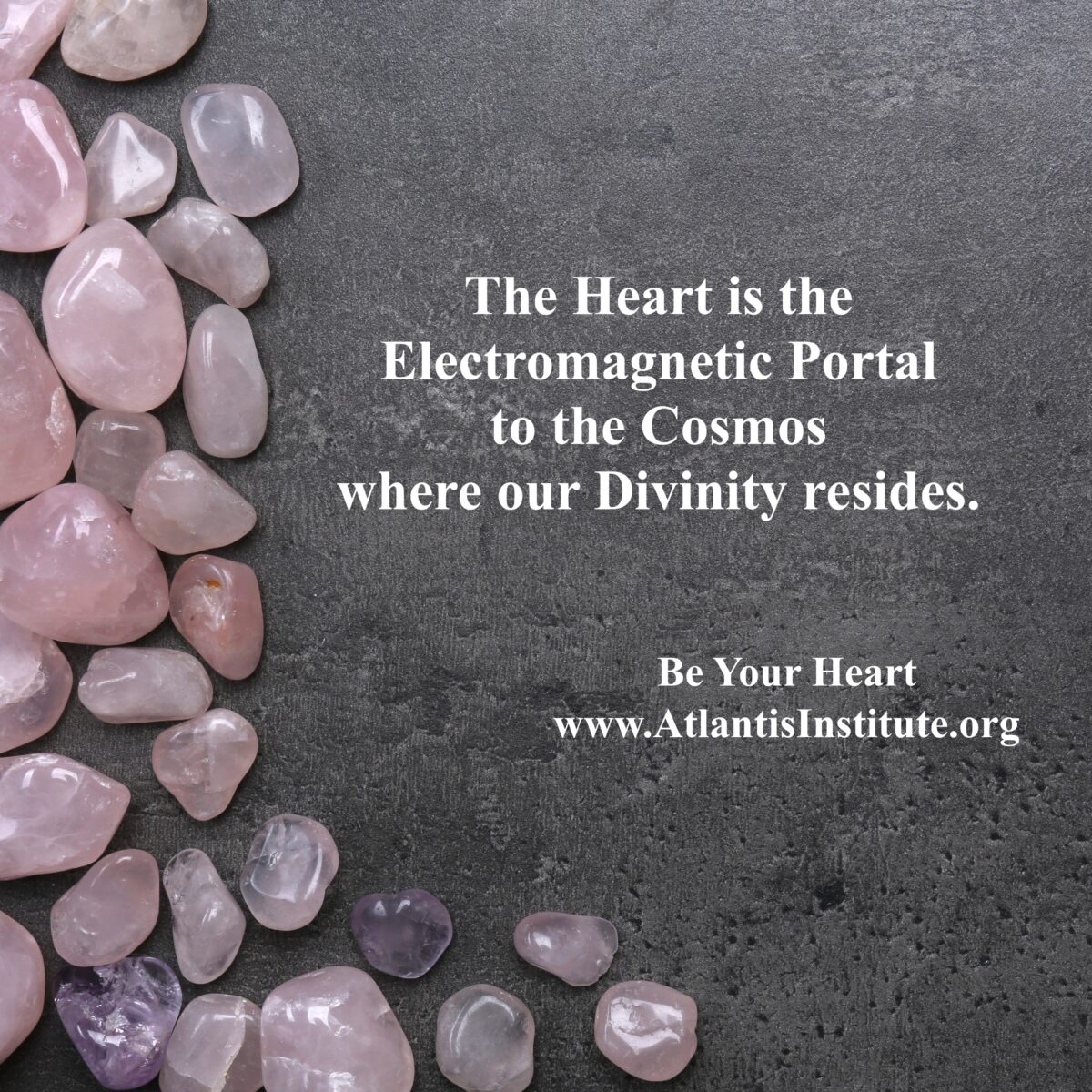By David Ellis
Healing Through Forgiveness - Reconciliation
As we grow older, we reflect back on our lives, if we have inner developed enough, we see and accept responsibility for the mistakes we have made and the sufferings, sadness, and hurts that we have inflicted upon others. Our guilt can begin to consume us and our shame blinds us to the path of reconciliation.
Forgiveness is one of the most powerful and transformative experiences we can have as human beings. It softens what is hardened. Releases what we’ve carried for too long. It invites healing into places where pain once occupied. In a world often marked by resentment, conflict, and emotional distance, forgiveness becomes not just an act, but a return to the truth of who we are.
Understanding Forgiveness
Forgiveness is not about pretending the hurt never happened. It isn’t about excusing the behaviour or forgetting the pain. It’s not passive — and it’s not weakness. Forgiveness is an intentional choice to release ourselves from the emotional weight of anger, blame, and bitterness.
True forgiveness requires presence. It requires us to feel the pain, to acknowledge the story, and then — at our own pace — to loosen our grip on it. It’s not about what they did. It’s about what we continue to carry. Forgiveness allows us to say: I will not let this wound define the rest of my life.
It’s also important to remember: forgiveness isn’t just something we extend to others. Often, the person we most need to forgive is ourselves — for the ways we abandoned ourselves, betrayed our own boundaries, or stayed silent when we should’ve spoken.
The Psychological Benefits of Forgiveness
Emotional Release when we forgive. We free ourselves from the emotional tension that drains our energy. We release ourselves from the internal dialogue of hurt, and in its place, we find peace.
Lower Stress and Anxiety. Unforgiveness creates a state of chronic stress. The nervous system is constantly on high alert. Forgiveness calms the body, eases the mind, and allows us to finally breathe again.
Improved Mental Health. Research supports what we already know deep down — forgiveness is medicine. It can ease depression, reduce anxiety, and in some cases, even help heal PTSD. When the heart feels safe again, the mind begins to rest.
Stronger Self-Worth. Forgiveness reclaims our power. It reminds us that we are not defined by what was done to us, but by how we choose to heal. That choice is where our self-esteem begins to rebuild.
Deeper Relationships. When we forgive, we open ourselves to connection again. We become less reactive, more open-hearted. Forgiveness repairs not just the past — it builds stronger, more compassionate futures.
Physical Healing Through Forgiveness
The body listens to everything the mind believes. And when the mind softens through forgiveness, the body follows.
Heart Health. Unresolved anger and resentment can lead to higher blood pressure and heart strain. Forgiveness, over time, is associated with lower blood pressure and healthier cardiovascular function.
Stronger Immune System. Stress suppresses immunity. Forgiveness, by reducing mental stress, can support the immune system and improve overall resilience.
Pain Reduction. Emotional pain is often mirrored in physical discomfort. Forgiveness has been shown to reduce chronic pain conditions in some individuals, as tension in the body begins to unwind.
Longevity and Vitality. There is growing evidence that forgiving people live longer, healthier lives. Forgiveness may be one of the most overlooked forms of preventative care.
Emotional Healing and Transformation
Forgiveness doesn’t erase the past — it reshapes our relationship with it.
Soothing Old Wounds. Forgiveness is like balm for old scars. It doesn’t erase them, but it helps them stop hurting. We begin to remember without reliving.
Breaking Cycles. Unhealed hurt becomes pattern. We repeat it in our relationships, our parenting, our self-talk. Forgiveness interrupts that cycle. It says: This pain ends with me.
Personal Empowerment. Choosing to forgive is choosing to reclaim your peace. It is an act of profound inner strength. Forgiveness returns us to ourselves.
Rebuilding Relationships Through Forgiveness
Forgiveness rebuilds trust — not all at once, but slowly, tenderly. It allows two people to say, Let’s begin again.
Parent and Child. Whether it's a mother and daughter or father and son, forgiveness can be the turning point. It softens stubborn pride and allows love to speak louder than blame.
Healthier Communication. Once anger softens, words flow more freely. We listen better. We speak with less defence. Forgiveness creates space for dialogue instead of silence.
Stronger Bonds. Forgiveness doesn’t just return relationships to where they were — it often deepens them. Shared vulnerability, honesty, and repair create new levels of intimacy.
Family and Community Healing. Forgiveness isn’t just personal. It can transform entire families. It can help communities move beyond long-standing divisions. One act of forgiveness can ripple further than we know.
Practising Forgiveness: A Gentle Path
Forgiveness takes time. It asks for honesty, courage, and compassion — especially for ourselves.
Acknowledge the hurt. Don’t minimise it. Healing starts with truth.
Feel your feelings. Let the anger come. Let the tears fall. Emotion is part of the process.
Seek to understand. Understanding is not excusing — it’s about seeing the bigger picture.
Choose to forgive. Even if you’re not ready today. Set the intention. Return to it gently.
Set boundaries. Forgiveness does not mean re-entry. Protecting your peace is also healing.
Be kind to yourself. Forgiveness is as much about you as it is about the other.
Ask for help if needed. You don’t have to do it alone.
Forgiveness on a Global Scale
Forgiveness is a force not just for personal transformation — but for global healing.
Conflict resolution depends on the willingness to move forward, even when the past still echoes.
Reconciliation between nations, cultures, and peoples begins with the act of release.
Social harmony depends on our shared humanity — our ability to see ourselves in one another.
Healing through forgiveness is not a destination — it’s a daily choice. Soften instead of harden. Open instead of close. Love when it’s easier to hate.
And every time we choose it, the world becomes a little lighter.


















